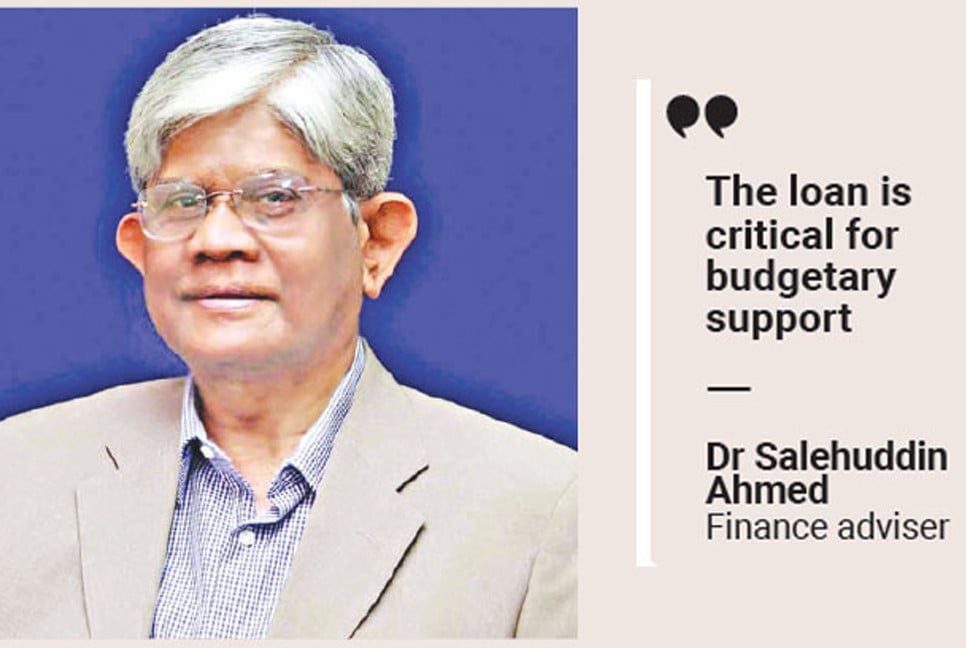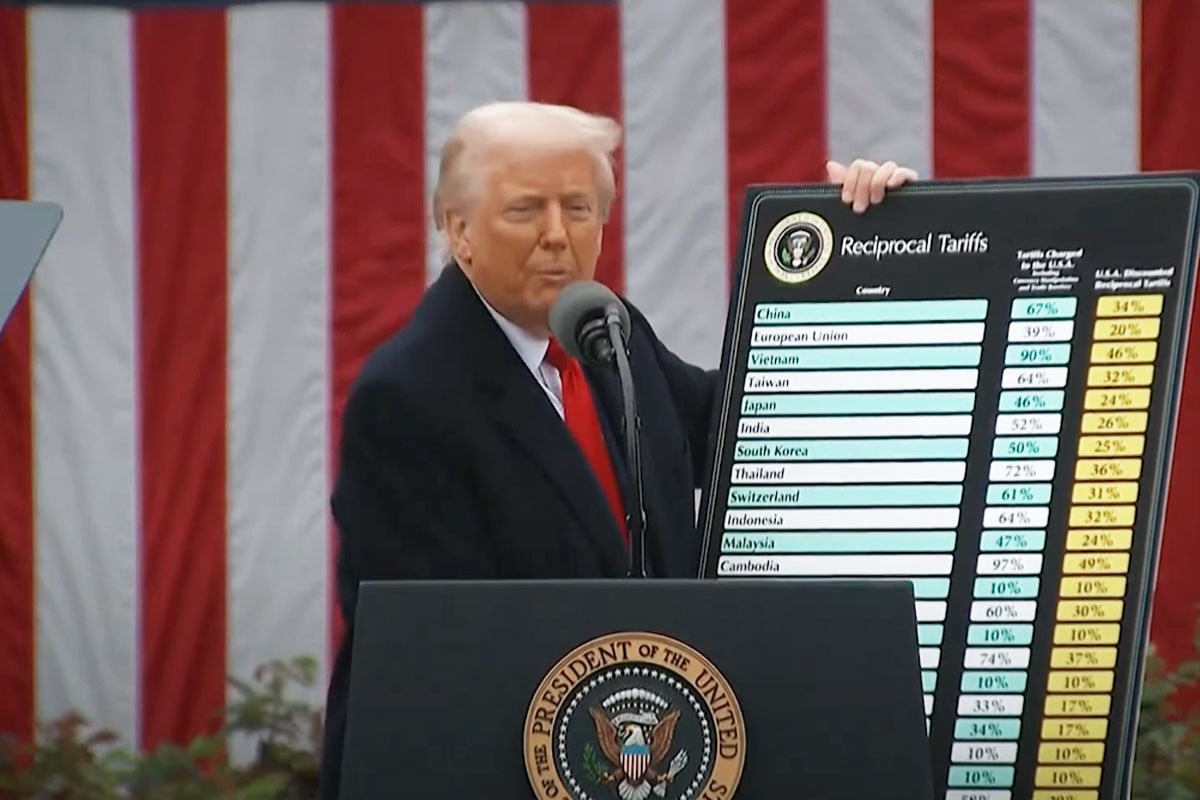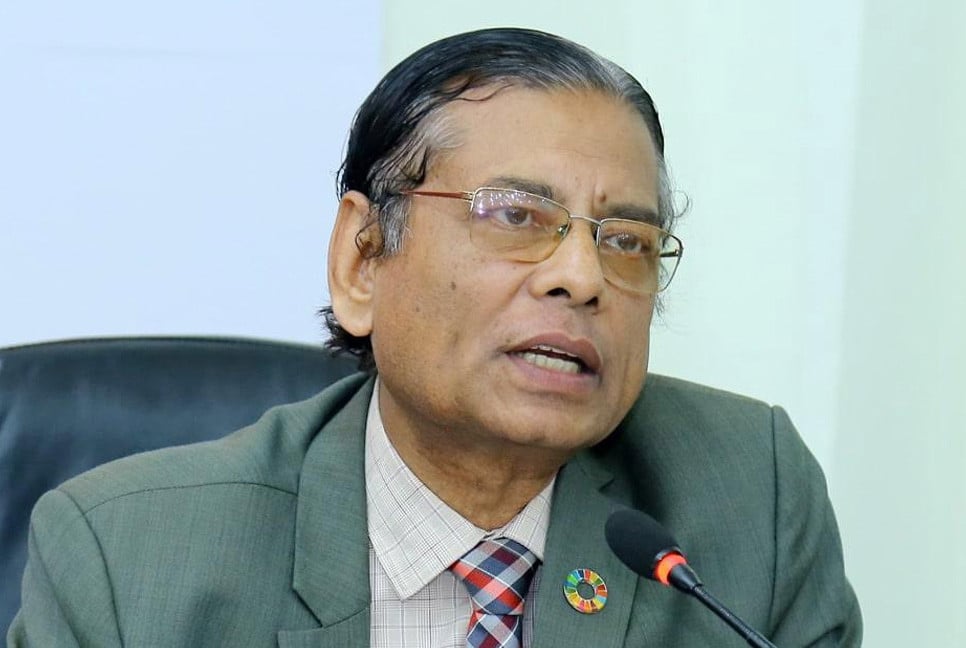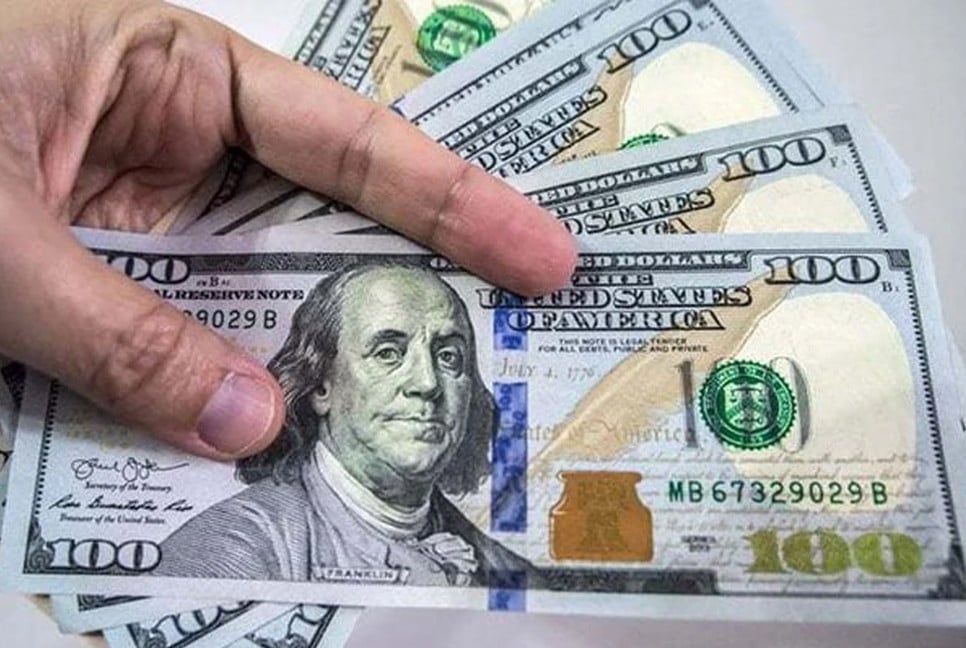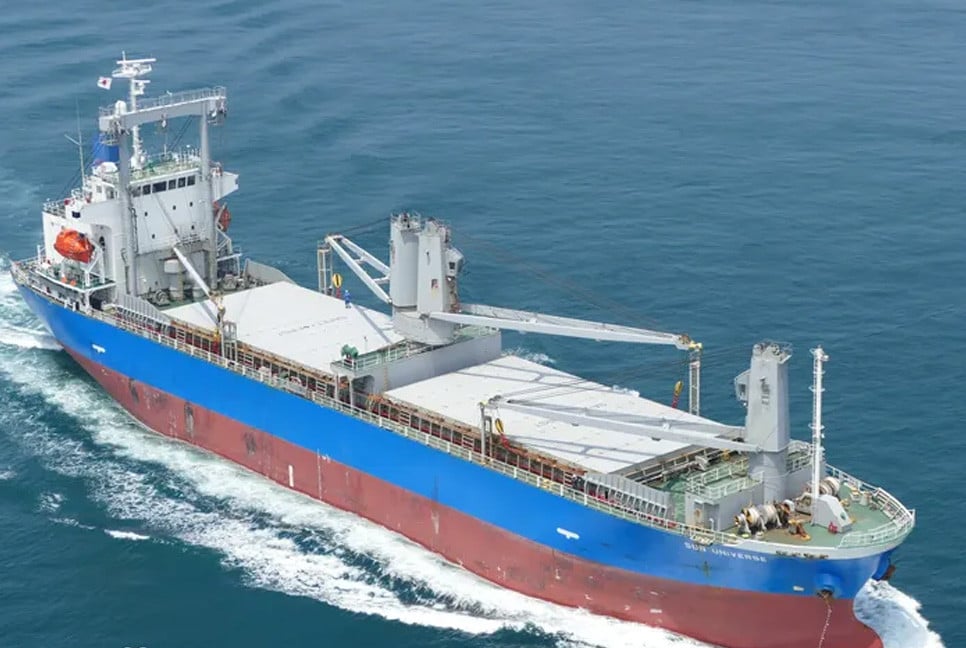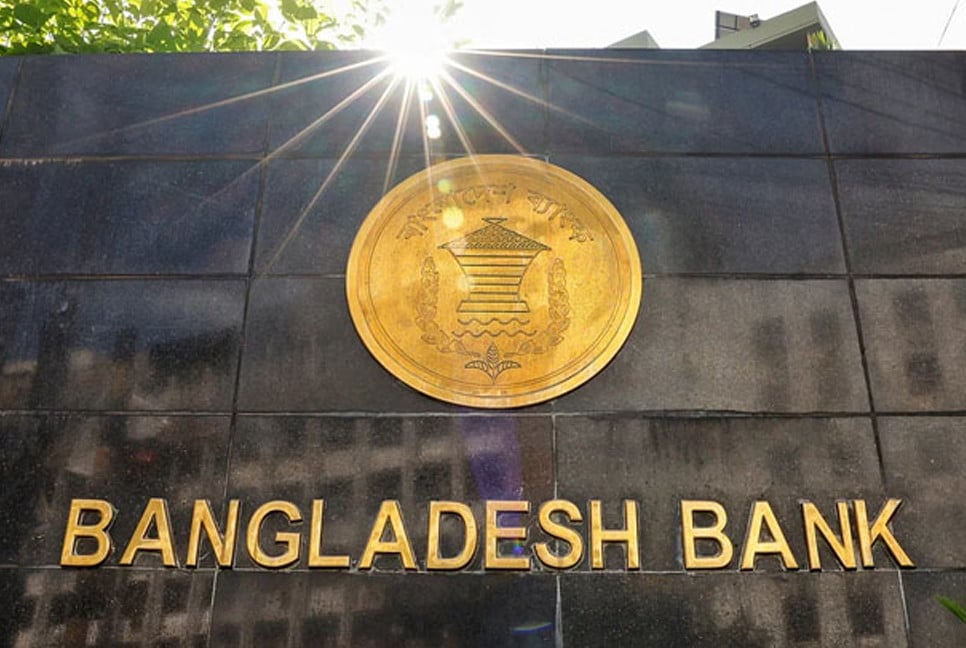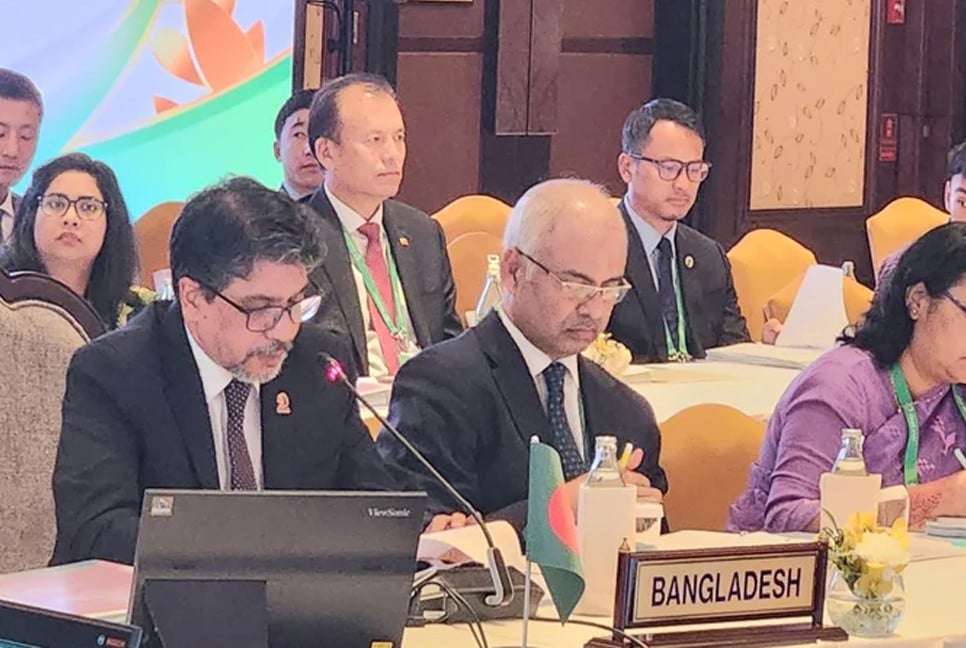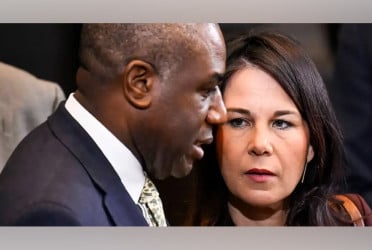Bangladesh is grappling with a mounting financial crisis, marked by escalating government debt and surging defaulted loans. The government's total debt now stands at an alarming Tk 20.49 trillion, with domestic debt comprising Tk 10.20 trillion and foreign debt totaling Tk 10.13 trillion, equivalent to $8.44 billion. In addition, the banking sector is burdened with Tk 7.5 trillion in potential defaulted loans. This crisis has been compounded by multiple interest rate hikes, pushing rates beyond 15%. Despite various policy measures, discipline continues to elude the debt and credit sectors, as ineffective management strategies leave the economy in a fragile state.
Financial analysts warn that if these challenges are not addressed promptly, Bangladesh could face an even deeper economic crisis. They attribute the growing volume of loan defaults to government policies on loan classification, which unintentionally force businesses into default. Furthermore, recent decisions by Bangladesh Bank have severely limited bank support for businesses, creating a highly unfavorable environment for entrepreneurs. As a result, many businesses are left with no choice but to take on unsustainable debt.
According to the Ministry of Finance, the total government debt at the end of fiscal year 2023-24 was Tk 18.32 trillion, with domestic debt standing at Tk 10.20 trillion and foreign debt at Tk 8.12 trillion. In the first three months of the current fiscal year (July–September), the government’s debt increased by Tk 2.17 trillion, highlighting the growing financial burden on the country.
This sharp rise in national debt is directly linked to the surge in defaulted loans within the banking sector. Experts suggest that a significant portion of these loans may have been illicitly transferred abroad, further deepening the financial crisis.
As of September 2023, Bangladesh Bank reported that the total outstanding bank loans amounted to Tk 16.82 trillion, with defaulted loans reaching Tk 2.85 trillion—16.93% of total loans. This figure represents a significant increase from June 2023, when defaulted loans accounted for only 12.56% of total disbursed loans. Within three months, defaulted loans surged by Tk 735.86 billion, underlining the worsening crisis.
Zahid Hussain, the former chief economist of the World Bank’s Dhaka office, offers a much higher estimate for defaulted loans, claiming that the actual figure could be as much as Tk 7.55 trillion, raising further alarms about the country’s financial health.
Analysts are concerned that this upward trend in loan defaults will continue to rise, especially as Bangladesh Bank has introduced stricter loan classification standards. Under the new rules, loans overdue for more than 90 days are classified as defaulted, down from the previous 180-day period. This policy change has left businesses under greater pressure to repay loans, with many unable to meet these stringent deadlines.
In an attempt to control inflation, Bangladesh Bank has increased interest rates several times, driving rates above 15%. This has made it increasingly difficult for businesses to operate in the current economic environment. Entrepreneurs have repeatedly warned that if interest rates rise further—potentially reaching 25%—many businesses may collapse, leading to even more defaulted loans.
Shams Mahmud, former president of the Dhaka Chamber of Commerce and Industry, expressed a dire outlook for the business sector, stating, "Given the current state of the country, I see no future for businesses except turmoil."
Syed Nasim Manzur, Managing Director of Apex Footwear, shared similar concerns. “The economy is in a fragile state, and if this situation continues, investment will shift to other countries. In my 34 years of doing business in Bangladesh, I have never witnessed such tension. Consumer confidence is extremely low, and investor sentiment is negative both domestically and internationally,” he said.
The growing economic malaise has led to a steep decline in consumer confidence, further exacerbating the situation for businesses. The negative sentiment among investors—both local and international—has contributed to a sense of insecurity in the market.
To address the ongoing crisis, Dhaka Chamber of Commerce and Industry President Taskeen Ahmed recently met with Bangladesh Bank Governor Ahsan H. Mansur. In their meeting, Ahmed urged the central bank to reduce interest rates and extend the loan classification period to ease the pressure on businesses. However, these proposals have yet to be implemented, leaving the business community in a state of uncertainty.
Despite these appeals, the outlook remains bleak. Business leaders continue to express frustration at the lack of decisive action from the government and central bank. They emphasize the urgent need for comprehensive reforms to stabilize the economy and restore investor confidence.
The combination of soaring government debt, rising defaulted loans, and restrictive lending policies has placed Bangladesh’s financial system under tremendous strain. If left unchecked, these factors could lead the country into a more severe economic crisis. The lack of discipline in the debt and credit sectors, coupled with a business environment that is increasingly hostile to entrepreneurs, has created a perfect storm for financial instability.
Bangladesh must urgently reform its debt management practices, ease the burden on businesses, and foster a more favorable economic environment to prevent further deterioration. Only through coordinated and decisive action can the country hope to restore discipline in its debt and credit sectors, securing a more stable economic future.
Translated by Jisan Al Jubair
Bd-pratidin English


